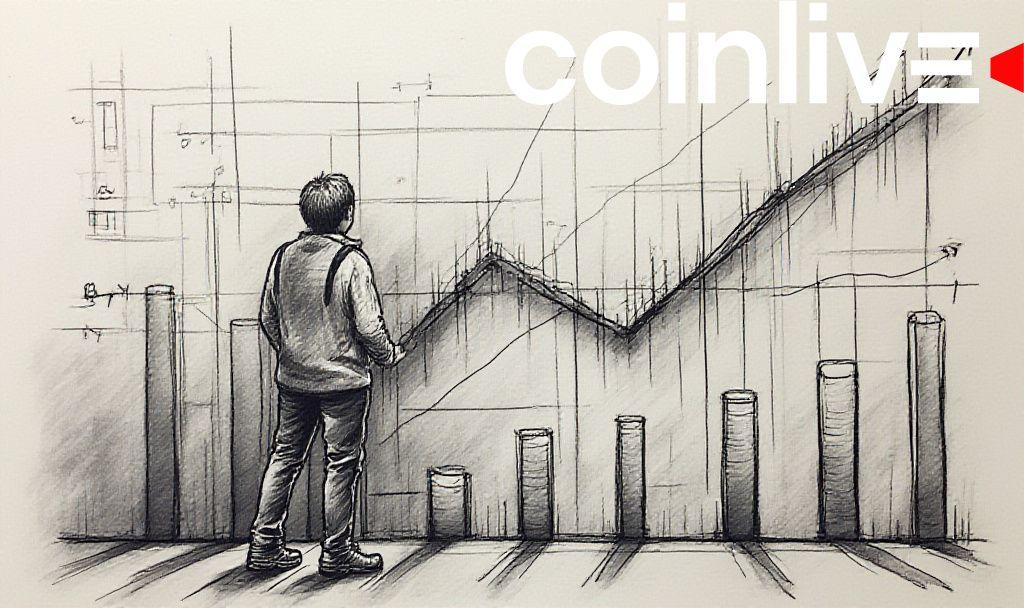- Cetus Protocol hack results in $160M freeze
- Validators’ actions spotlight decentralization concerns
- Impacts SUI and CETUS tokens significantly

Sui blockchain validators have frozen $160 million on-chain following a hack on May 22, 2025, which exploited the Cetus Protocol, resulting in over $220 million being drained.
Validator Response
The Sui blockchain witnessed a pivotal intervention as validators coordinated to freeze $160 million stolen in the Cetus Protocol hack. The incident unfolded due to a vulnerability in the protocol’s smart contracts, leading to a substantial drain of over $220 million. Cetus, Sui’s largest decentralized exchange, suffered the exploit, prompting a swift response from validators. They collaborated to update node configurations, ensuring transactions from the hacker’s addresses were rejected.
“It’s not a bug in Sui consensus, it’s not a bug in Move,” said Adeniyi Abiodun, Co-founder, Mysten Labs, emphasizing that the issue was isolated to Cetus’ application logic. Source: Blockworks
The aftermath of the hack caused significant market turmoil, notably impacting Sui’s native token SUI, which plunged nearly 14% in value. Similarly, Cetus’ token saw a 40% drop before partially recovering. Validators’ action raises questions about decentralization within the Sui ecosystem, as their ability to freeze assets spotlights possible encroachments on blockchain’s censorship resistance.
The incident’s implications extend beyond immediate asset recovery. It emphasizes the dual importance of technical rigor and social coordination in blockchain ecosystems. Such interventions hint at potential shifts towards more centralized decision-making frameworks, aligning security with user protection.
Market and Regulatory Implications
Insights suggest that similar incidents could influence regulatory stances on decentralized finance (DeFi) platforms, possibly prompting more stringent oversight to avert vulnerabilities. Individuals and institutions must consider the balance between innovation and security, especially in rapidly evolving blockchain spaces.
Sui Validators explained, “We coordinated to identify and freeze the stolen funds by rejecting transactions from the hacker’s addresses.”








